Corruption: As old as the country
India's date with corruption seems to be as old as the country itself. Starting with the British bribing the Maharajas to gain control of the unconquered lands, it is a long trait that has been a boon and a bane to many. You must be thinking how is it a boon? I'll come to that later.
Licence Raj: Corruption Raj since Independence, India's economy has been driven by socialist-inspired policies for practically three to four decades. When Indira Gandhi came to power in 1966, she went on a socialist spree --- Nationalising banks, Garibi hatao campaign and Licence Raj. Licence Raj became synonymous with corruption as red tape was inevitable while the companies scouted for licences to set up businesses in India.
Imagine this: Up to 80 government agencies had to be satisfied before private companies could set up shop, and if they did manage to do it, the government would regulate the production. Probably that is not what Jawaharlal Nehru, the architect of the system of Licence what Jawaharlal Nehru, the architect of the system of Licence Raj, had in mind.
Spectrum Raja: Billions vanish into air
That licence raj is still prevailing today, albeit in a different manner, thanks to Spectrum Raja, is disturbing. A Raja, who is the Union Minister for Telecommunications, seems to have literally thrown spectrum to the winds. There were major irregularities in allot-ting wireless radio spectrum and licences by the Telecom Ministry to nine private telcos in 2007(second generation).
The Rs 60,000 crore-scam began when the government allocated scarce 2G spectrum at throwaway prices that too to a string of companies without any experience in the telecom sector.
The allegation is that the government gave away scarce spectrum to nine companies, clubbed with licences, on a first-come-first-serve basis, rather than through an auction process.
That is, an operator got start-up spectrum by paying pan-India licence fee of Rs 1,650 crore. This price was not taken on the basis of the 2007 market value but on the basis of an auction held in 2001.
Also, many new players roped in foreign investors soon after acquiring the licences, thereby making a neat sum. The value of the licence and spectrum in 2007 could not be the same as in 2001 as the telecom market has grown phenomenally during this period. Prime Minister Manmohan Singh refused to accept the allegations surrounding Spectrum Raja.
NEW FACES OF CORRUPTION: RAJA (ABOVE) AND KALMADI
Raja has continually maintained that the government has simply following its earlier practice of allotting 2G start-up spectrum along with licences on a first-come-first-serve basis. The 2G spectrum allocation issue came under the scrutiny of various bodies, including the Central Vigilance Commission (CVC) and the Central Bureau of Investigation (CBI). Despite these investigations during the UPA-1 regime, Raja re-turned as the IT and communications minister in UPA-2. Raja is an MP of UPA ally DMK.
The government policy of 2G spectrum is facing fire as the ongoing auction of 3G (third-generation) spectrum has resulted in exceedingly high bids. Against the pan-India reserve price of Rs 3,500 crore, the 3G auction has yielded close to Rs9,000 crore in 16 days of bidding. The 3G bidding is nowhere near the closing line yet.
Commonwealth Games: Muck yet to stop flying
Imagine buying a 100 litre fridge for Rs 42,202 (which can be bought for a mere Rs 14,000-15,000), a toilet tissue paper roll for Rs 4,132 (Original price: Rs 30-40) and a 2 tonne AC for Rs 1,87,957 and wait..... an umbrella for Rs 6,000 and more!!!!
This is probably a Guinness record and the neatest way in which Suresh Kalmadi, the chairman of the Games Organising Committee, could make pots of money... after all price is a matter of perception. The rot starts right at the top. The probe of Comptroller Auditor General of India (CAG) revealed that undue favour had been showed to London-based Fast Track Sales solely on the recommendation of Commonwealth Games Federation Mike Fennell and Chairman Suresh Kalmadi.
Jubilee Sports Technology, a relatively unknown company, had bagged many Games contracts and was a key supplier. It appears as if the company's headquarters and other shareholders have simply vanished into thin air as most of the addresses have turned out to be a fake. There too much more muck.... At this rate, Mani Shankar Aiyar's dreams of the Delhi Games flopping might come true.
Among the other famous scams that have rocked India for several years are the Bofors scandal (which is yet to see the light of the day), fodder scam and Mayawati's Taj Corridor Scam. A quick look at history to find out why they are still rocking the Parliament.
Bofors: The Indian government signed a $1.4 billion contract with Swedish arms company AB Bofors on March 24, 1986, for the supply of over 400 155mm howitzers. It is alleged that Bofors paid kickbacks to top Indian politicians and key defence officials to secure the deal. Italian businessman Ottavio Quattrocchi, who was close to Rajiv Gandhi, was the middle man.
Former prime minister Rajiv Gandhi's name figured in the first CBI charge sheet in the case as "an accused not sent for trial" as he was killed in 1991. The Hinduja brothers also have been charged in this case --- with cheating, criminal conspiracy and corruption. Both were later cleared of any involvement by the Delhi High Court. The latest --- CBI has applied for a closure of the case against Italian businessman Ottavio Quattrocchi
Fodder Scam: The Rs 950-crore scam kept Lalu Prasad Yadav in the limelight long enough. It involved the alleged embezzlement of about Rs 950 crore from the treasury of Bihar. This was done over many years and through various officials who even fabricated vast herds of fictitious livestock for which fodder, medicines and animal husbandry equipment were supposedly procured.
Now back to why it is a boon for people like us. It is because our officials are corrupt that we know that a bribe here and there will get our work done, without breaking our heads too much about being law-abiding citizens. We evade taxes, pay off cops for traffic violations, register properties under false names, play for the country even if we are not eligible all because corruption has become so intrinsic in our system.
Judiciary: Nearly 30 million cases pending
In India, if you file a case, your case might come up for hearing 10 years later. Well, with a population of 1 billion and in counting what would you expect? India could take some lessons from the US on litigation -- a country where people get sued if their dog poops on the road, or they show cruelty towards their cat.
Over three million cases are pending in India's 21 high courts, and an astounding 26.3 million cases are pending in subordinate courts across the country.
At the same time, there are almost a quarter million under-trials languishing in jails across the country. Of these, some 2,069 have been in jail for more than five years, even as their guilt or innocence is yet to be ascertained. The only thing that works in India is money and muscle power -- even in the judiciary. Not true? Tell me one case of where a politician or an actor or a businessman who is accused of some really serious crimes (mostly they do turn out to be true even though we have to give everyone the benefit of the doubt) actually punished?
Take the case of the Anti-Sikh riots. Despite 16 years of courts and cases and more cases, not one accused has been brought to book. Congress MPs Sajjan Kumar and Jagdish Tytler have been charged with murder in the case. Yet, both of them roam freely.
The ex-chief executive officer of Satyam, now Mahindra Satyam, Ramalinga Raju is now "recuperating in a hospital" when he should be serving time in a jail for embezzling thousands of crores of rupees from his company. That is another fad: Feigning illness to escape going to jail. Actors too are not far behind. Salman Khan and Sanjay Dutt have been in the limelight mostly for all the wrong things they have done rather than their acting. Sanjay Dutt, who is one of the six accused in the 1993 Mumbai riots case, was sentenced to six years in jail under the Arms Act but was exonerated for terror offences under the stringent TADA (Terrorist and Disruptive Activities Act). Sanjay Dutt has moved on... He got married and is going to be a father. In September 2002, Salman Khan ran his Land Cruiser over some pavement dwellers killing one and seriously injuring three people. At the time of the accident, Salman was returning from the J W Mariott Hotel in Juhu and heading for his home in Bandra. The actor was booked for rash driving and causing death due to negligence under sections 304, 279 and 388 of the Indian Penal Code. He is currently making movies...
Honour Killings: Partition horror act continues
The funny thing is there is nothing honourable about them. "Honour killings" is the murder of a family or a clan member by one or more family members in which the perpetrators believe that the victim is bringing dishonour upon the family, clan or community.
The rate at which honour killings are reported in India, it is a miracle that people still find the courage to fall in love outside their community. Widespread in most circles, conservatives or otherwise, in India or abroad, it shows up in different ways. Women and young girls are especially at the receiving end of such heinous crimes. Funny, people don't seem to think parading women naked and molesting them in public are not "dishonourable".
This "tradition" has its roots in the gory Partition saga, where many women were forcibly killed to save family honour. During those troubled times, there were a lot of forced marriages where Indians and Pakistanis would marry each other. This, in turn, led to them being declared social outcastes. But, it did not stop there. It became a bloodbath, which got sucked into the melee of all the things that came to define Partition.
This is not a practice relevant to India alone. It is practised in Pakistan, Afghanistan, Africa, the Middle East and many other countries. This is a genocide that needs to be addressed soon... before it gets any worse.
FCI: Nation starves, food grains rot
What is with the Food Corporation of India? They are supposed to be feeding millions of people and instead are doing everything in their power to make sure the food grains don't reach the masses. The FCI is responsible for procurement and storage of food grains. Even as thousands and lakhs of people starve everyday, food grains rot in FCI godowns. In one of the latest exposes, the government has admitted that 61,000 metric tonnes of food grains, which could have fed about 8.4 lakh people for one year, was unfit for consumption. And the best part is, the FCI wants to export the unfit grains to our neighbours-Bangladesh and Nepal.
Now, Agriculture Minister Sharad Pawar is of the opinion that all reports on rotting of food grains are not "correct and quite ex-aggerated. "There are only certain cases of damage and we have suspended some officials," he added.
The remark came two days after the Minister conceded in the House that rotting of foodgrains was a "shameful" fact. He had said that over 11,700 tonnes of foodgrains worth Rs. 6.86 crore were found "damaged" in government godowns. We give food to rats, but don't have enough for our people.
Source: India Syndicate







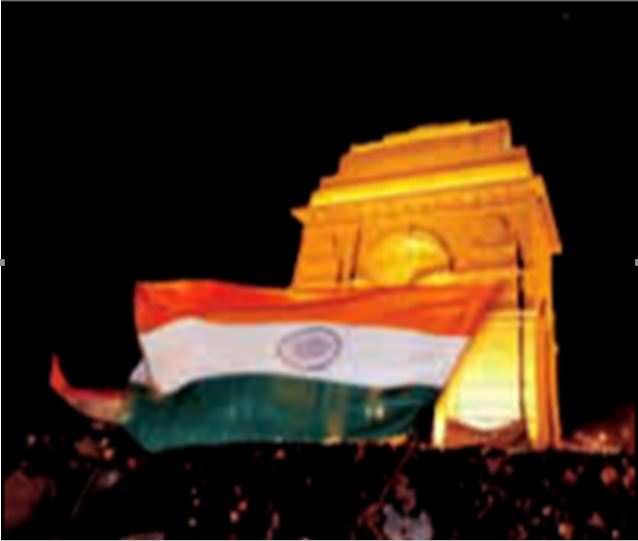
 OpinionExpress.In
OpinionExpress.In
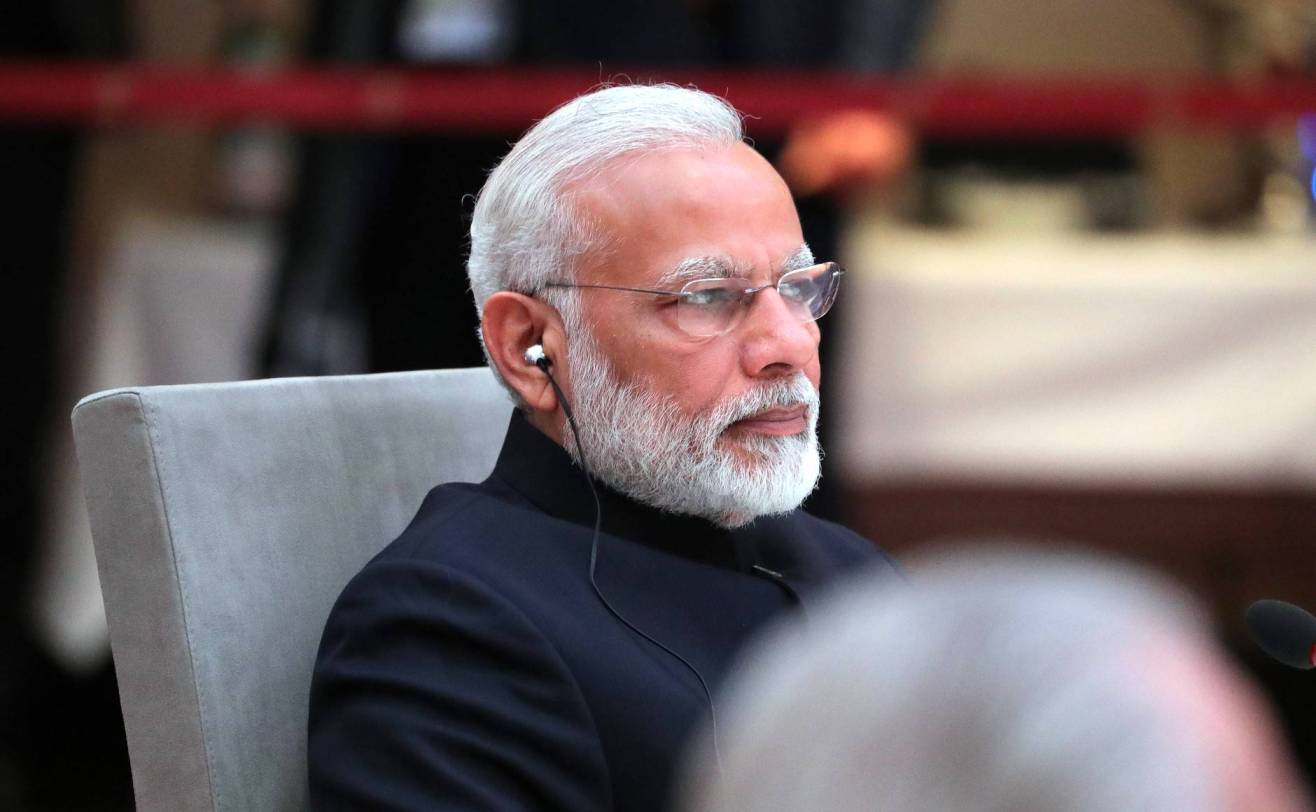
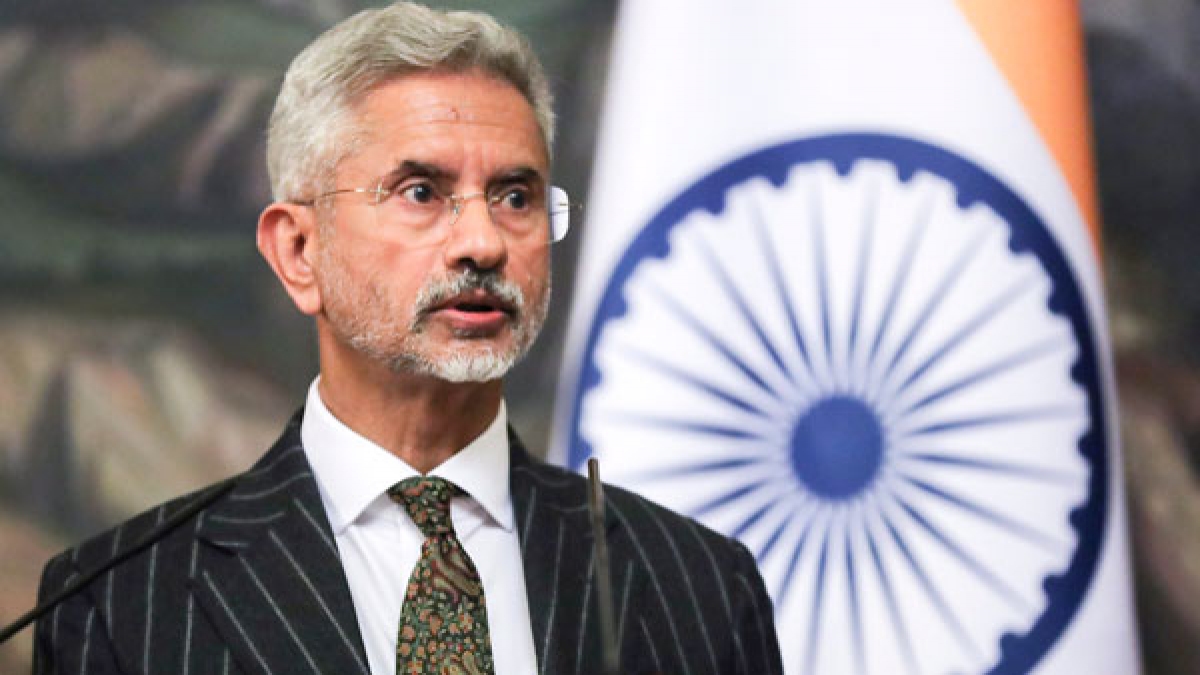

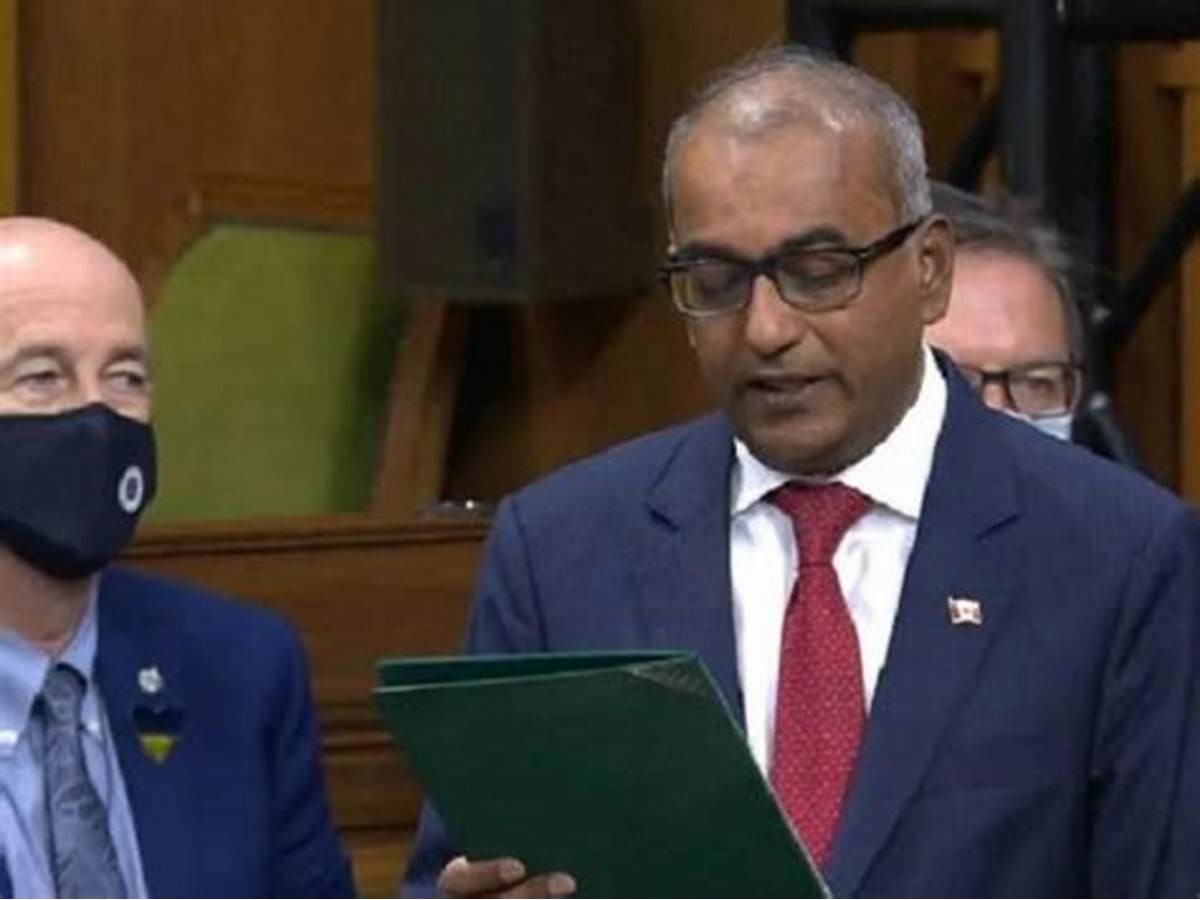

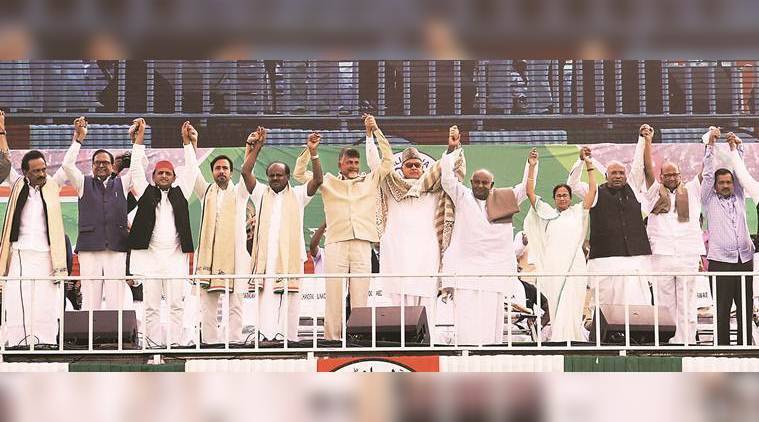









Comments (0)